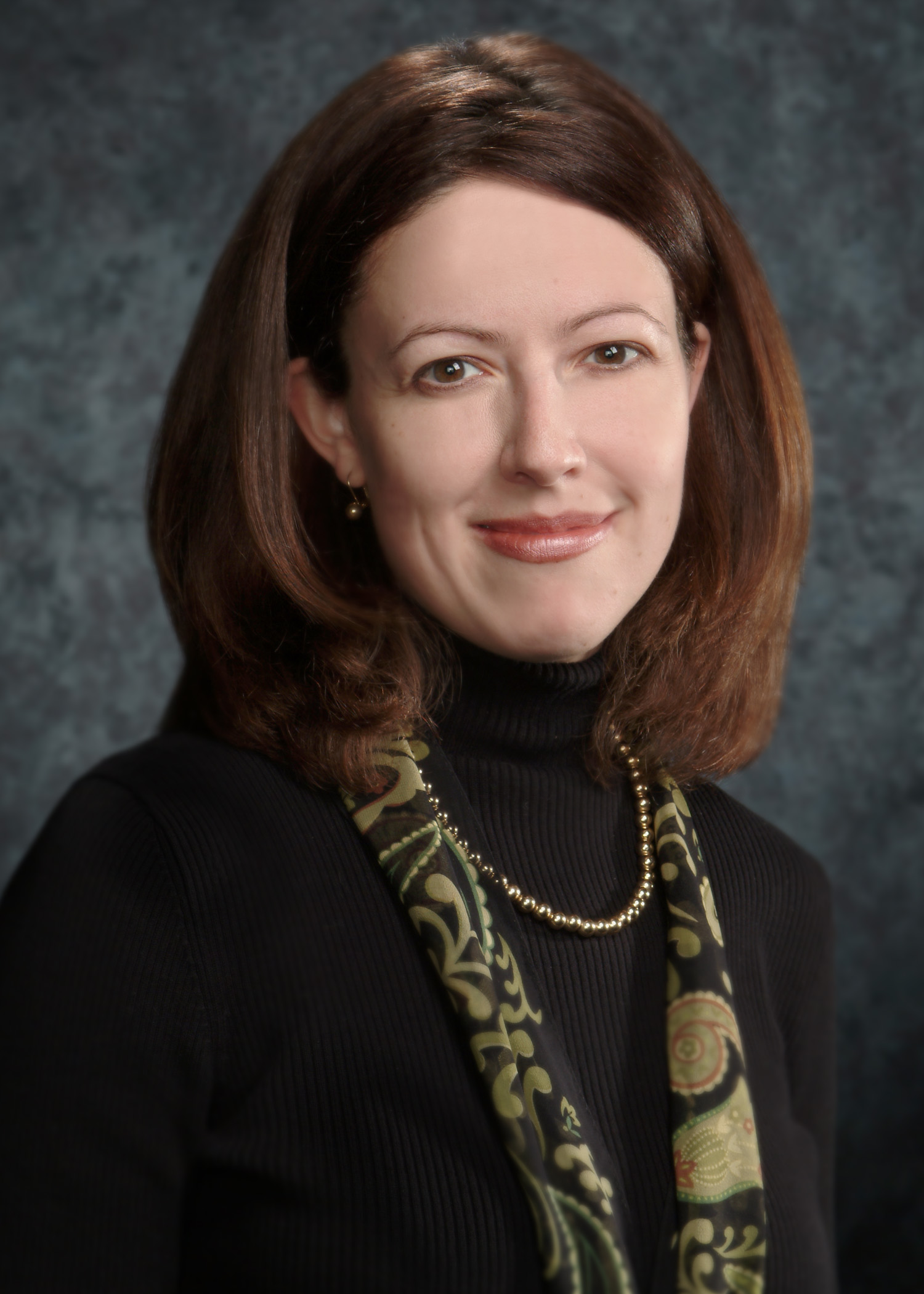FAYETTEVILLE, Ark. –An analysis of surveyed voters in two highly contested senatorial elections suggests that campaigns may be leaving some votes on the table.
University of Arkansas political scientist Janine Parry and colleagues investigated how potential voters are mobilized and who would respond positively – if only they were contacted. The survey asked voters how often they vote – were they habitual voters, who always vote, or “seldom” voters, who only pay attention to the presidential elections?
“Ironically, while the seldom voters were the most likely to be mobilized by campaign communication, they were the least likely to be contacted,” Parry said.
In an article published in Political Behavior, the researchers analyzed surveys of nearly 1,000 voters from the intensely competitive 2002 senatorial races in Missouri and Arkansas. Record-setting campaign budgets meant that most voters – although not all – received some kind of campaign contact.
A strong voting history continues to be the most reliable indication that someone will vote in an upcoming election. Thus, the senatorial campaigns focused on voters who go to the polls every election and to a lesser extent on those who vote often. The average voter received nearly 50 messages, whether targeted or untargeted, during just the three typical days studied.
On average, regular voters received more mail, in-person contact and telephone calls than less consistent voters. In addition to less exposure to blanketed communication, like radio and TV ads, seldom voters were less likely to receive targeted contact in the form of direct mail, personal contact or telephone calls. For example, 41 percent of the least active voters did not receive even a single phone call.
Parry and her colleagues found that while campaign contact mobilized voters, it wasn’t as important for the habitual voters. In fact, they found that when it comes to targeted communication, “those with the least active political pasts are the most likely to feel the positive effects of campaign communication.”
The researchers noted that campaigns continue to be more concerned with targeting the voters they count on – wealthy, older, educated partisans with consistent voting records – than with mobilizing seldom voters, a strategy with broader consequences.
“Only in close contests then should we expect to see campaign contact targeted at seldom voters, an unfortunate truth for those concerned with (re)broadening citizen engagement in the U.S.,” the researchers concluded.
Parry is director of the Arkansas Poll and is an associate professor of political science in the J. William Fulbright College of Arts and Sciences at the University of Arkansas. Her collaborators were Jay Barth, Hendrix College; Martha Kropf, University of North Carolina, Charlotte; and E. Terrence Jones, University of Missouri, St. Louis. Their research results were published in the March 2008 issue of Political Behavior.
Contacts
,
